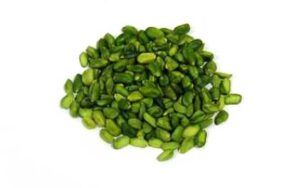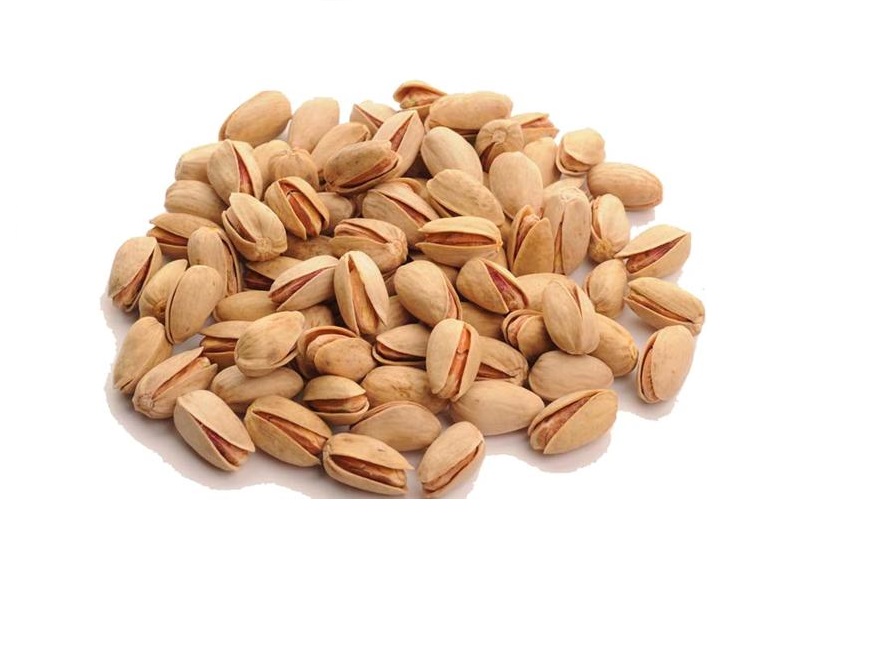Understanding Safety, Health Benefits, and Precautions
Introduction to Pistachio Safety
Pistachios are a popular and nutritious snack enjoyed worldwide for their unique taste, crunchy texture, and health benefits. While generally safe to consume, some people wonder if pistachios could be toxic under certain conditions. This article examines whether pistachios can be toxic, the factors to be aware of, and how to ensure the pistachios you enjoy are safe.

Are Pistachios Ever Toxic?
Natural Composition and Safety
Pistachios, by nature, are not toxic. They are packed with essential nutrients, such as protein, fiber, healthy fats, vitamins, and minerals, which contribute to numerous health benefits. However, pistachios can become harmful if exposed to certain conditions that lead to contamination.
- Aflatoxin Contamination: One potential issue with pistachios is aflatoxin contamination. Aflatoxins are toxic compounds produced by certain molds, primarily Aspergillus flavus and Aspergillus parasiticus, which can grow on nuts stored in warm, humid conditions. Aflatoxins are carcinogenic and can lead to liver damage if consumed in high quantities over time.
- Excessive Salt Content: Many commercially available pistachios are salted or flavored. Consuming large amounts of salted pistachios can lead to excessive sodium intake, potentially causing issues like high blood pressure and other cardiovascular problems. Although this isn’t “toxicity” in the traditional sense, it’s a health risk to be aware of.
How to Ensure Pistachio Safety
Choosing Quality Pistachios
Buying quality pistachios from reputable sources is one of the best ways to avoid issues with contamination and quality. Higher-quality pistachios are typically processed and stored with attention to health and safety guidelines to minimize risks.
- Look for Certified Products: Purchasing pistachios that have been certified by food safety authorities or organic certification bodies can ensure they are free from contaminants and grown in hygienic conditions.
- Inspect for Mold or Off Odors: Pistachios that appear moldy, discolored, or emit a strange odor should be avoided. Moldy pistachios could indicate the presence of aflatoxins or other contaminants.
https://pistachioexporter.com/do-pistachios-go-bad/
Proper Storage to Prevent Contamination
Once you’ve purchased pistachios, proper storage is key to preserving their freshness and preventing mold growth. Pistachios should ideally be stored in cool, dry conditions.
- Airtight Containers: Store pistachios in airtight containers to prevent exposure to moisture, which can lead to mold growth.
- Refrigeration or Freezing: For long-term storage, keep pistachios in the refrigerator or freezer. This significantly reduces the chance of mold formation and prolongs freshness.
Health Benefits of Eating Pistachios
Nutritional Advantages
Pistachios are incredibly nutrient-dense, making them a great addition to a balanced diet. They are rich in antioxidants, particularly lutein and zeaxanthin, which support eye health, as well as fiber, which aids digestion and can help manage cholesterol levels.
- Heart Health: Pistachios are high in healthy fats, especially monounsaturated fats, which support heart health by lowering LDL cholesterol levels and promoting overall cardiovascular wellness.
- Protein and Fiber: With a balanced combination of protein and fiber, pistachios can promote satiety and make for an excellent snack choice, especially for those looking to manage weight.
Portion Control and Moderation
While pistachios are healthy, consuming them in moderation is key. Overeating can lead to unwanted calorie intake, especially if the nuts are salted. A typical serving size of pistachios is around 1 ounce, or 49 kernels, which offers a substantial nutrient boost without excessive calories.
